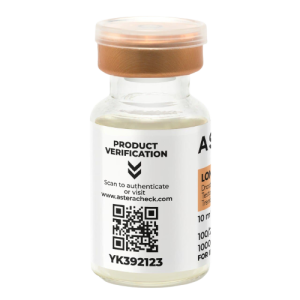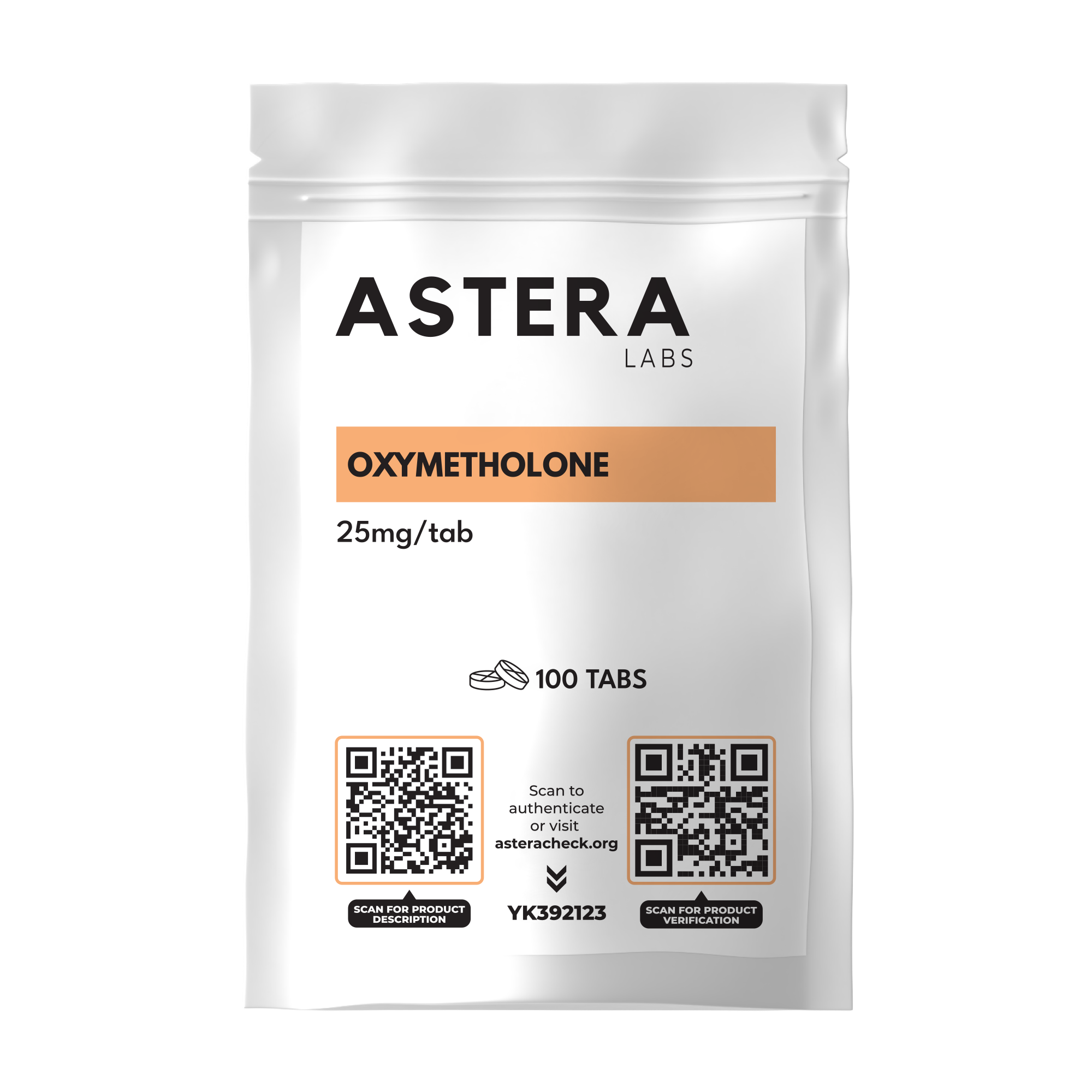Oxymetholone
DOSAGE:
Oxymetholone 25mg/tab
PACKAGE CONTENT:
1 satchet, 100 tabs, 25 mg per tab
WHAT IS IT:
Oxymetholone is one of the most widely used oral steroids on the market.
It is normally used in bulking cycles due to the rapid gain in muscle mass it provides (in part thanks to the increase in glycogen stores), also due to this reason it provides a substantial increase in strength, due to this it is commonly used in powerlifting and strongman competitions.
Its hepatotoxicity is not as high as rumored, relatively high doses are considered safe in sick children and people with cancer and osteoporosis according to various clinical trials.
Being the oral version, its absorption will be greater, and as it lacks ester, its absorption will be almost as fast as the oral version.
HOW TO USE:
The most common doses are 50 to 100mg per day.
Although it is injectable, we recommend to use the same protocol that is used with the oral version.
We would recommend splitting the dosage twice a day.
Cycles usually last between 4-6 weeks.
BATCH INFORMATION:
Batch No: MS33537
Manufacturing date: 10.2025.
Expiry date: 10.2028.

Check Authenticity

Every product has an unique QR Code. You can check its authenticity by scanning it on your phone or visiting asteracheck.com and entering the code shown on the product.





